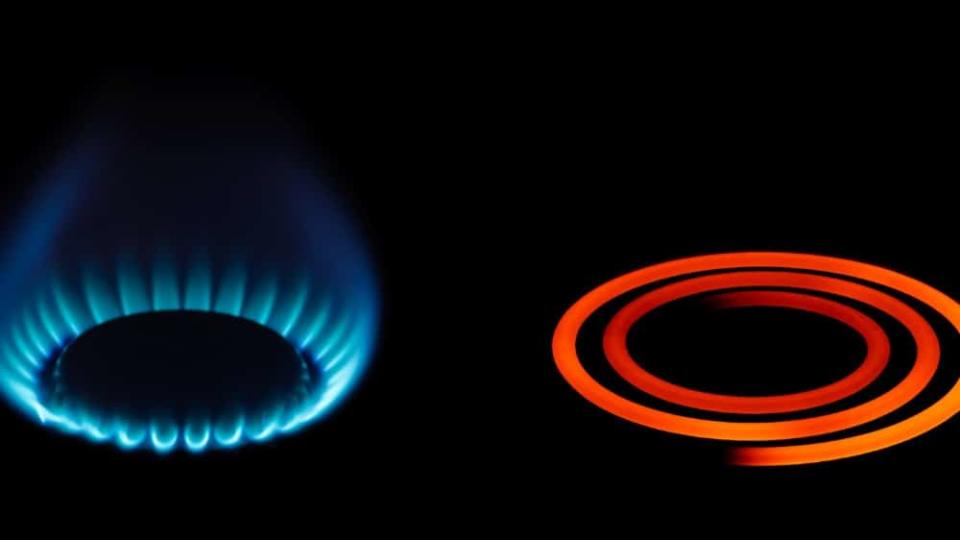What’s Next for Vermilion Energy Stock After Its Q4 Earnings?

Written by Vineet Kulkarni at The Motley Fool Canada
Vermilion Energy’s (TSX:VET) recently released Q4 2022 earnings but failed to revive its stock. Despite decent growth, windfall taxes weighed on its free cash flows last year. VET stock has lost 50% of its market value since last August and is a laggard among TSX energy stocks.
Should you buy VET stock?
Energy companies have been in the limelight for the last few quarters due to their handsome financial growth. This growth has been particularly noteworthy as broader markets witnessed a subdued performance in the same period.
Vermilion Energy has not been an exception. It saw free cash flows of $1 billion last year, marking handsome 98% growth year over year. However, in the quarter gone by, the company reported a windfall tax of $223 million, taking a big hit on its financials.
While Vermilion’s international asset base has been its key competitive advantage over peers, the same has hindered its growth due to windfall taxes. Apart from the surplus tax issue, lower natural gas prices have also negatively impacted its earnings.
Natural gas prices in Europe have dropped around 80% in the last eight-odd months due to warmer weather and thus, lower demand. So, Vermilion did not see the steep growth materializing that it forecasted. Note that it derives 37% of its earnings from European natural gas operations.
Balance sheet improvement
Vermilion repaid nearly $300 million of debt last year and ended 2022 with a net debt of $1.3 billion. The global oil and gas producer has achieved some of the lowest leverage levels in history. Its net debt-to-EBITDA (earnings before interest, tax, depreciation, and amortization) ratio, a popular leverage metric, came in at 0.4x at the end of Q4 2022, in line with the industry average.
Energy-producing companies have shown noteworthy capital discipline since the pandemic. They used their excess cash flows to repay debt instead of using the capital to grow production. This has notably improved their balance sheet strength, one of the key reasons behind their recent outperformance.
Vermilion Energy: 2023 guidance and growth prospects
Vermilion Energy aims to produce 84,000 barrels of oil equivalent per day in 2023, lower than its earlier guidance. This includes incremental gas production from the Corrib acquisition, which is expected to close by March 31, 2023.
The company intends to allocate 25% of its free cash flows to shareholder returns this year. Debt reduction remains its key focus for this year. So far in 2023, Vermilion has bought back 1.1 million of its shares, indicating a much slower pace of buybacks compared to its peers.
Natural gas prices might revive later this year amid the heating season. The supply woes around natural gas in Europe could be more worrying this time, considering much lower volumes of Russian gas flowing into the continent. So, supply tightness, coupled with the Chinese reopening, will likely be a big driver for natural gas prices in the second half of 2023. Vermilion stock could see recovery in that case with its large gas-weighted production.
An undervalued energy stock
Vermilion remains one of the undervalued names in the sector. It is trading at a free cash flow yield of 26% compared to the industry average of 14%. An improving balance sheet and a focus on shareholder returns are certainly some of its positives. However, windfall taxes and uncertainties surrounding gas prices could fuel the stock’s volatility. This undervalued stock amid the correction could be an opportunity for high-risk investors.
The post What’s Next for Vermilion Energy Stock After Its Q4 Earnings? appeared first on The Motley Fool Canada.
Should You Invest $1,000 In Vermilion Energy?
Before you consider Vermilion Energy, you'll want to hear this.
Our market-beating analyst team just revealed what they believe are the 5 best stocks for investors to buy in March 2023... and Vermilion Energy wasn't on the list.
The online investing service they've run for nearly a decade, Motley Fool Stock Advisor Canada, is beating the TSX by 22 percentage points. And right now, they think there are 5 stocks that are better buys.
See the 5 Stocks * Returns as of 3/7/23
More reading
Brookfield Asset Management Spin-Off: What Investors Need to Know
Passive Income: 4 Safe Dividend Stocks to Own for the Next 10 Years
The Motley Fool recommends Vermilion Energy. The Motley Fool has a disclosure policy. Fool contributor Vineet Kulkarni has no position in any of the stocks mentioned.
2023

 Yahoo Finance
Yahoo Finance